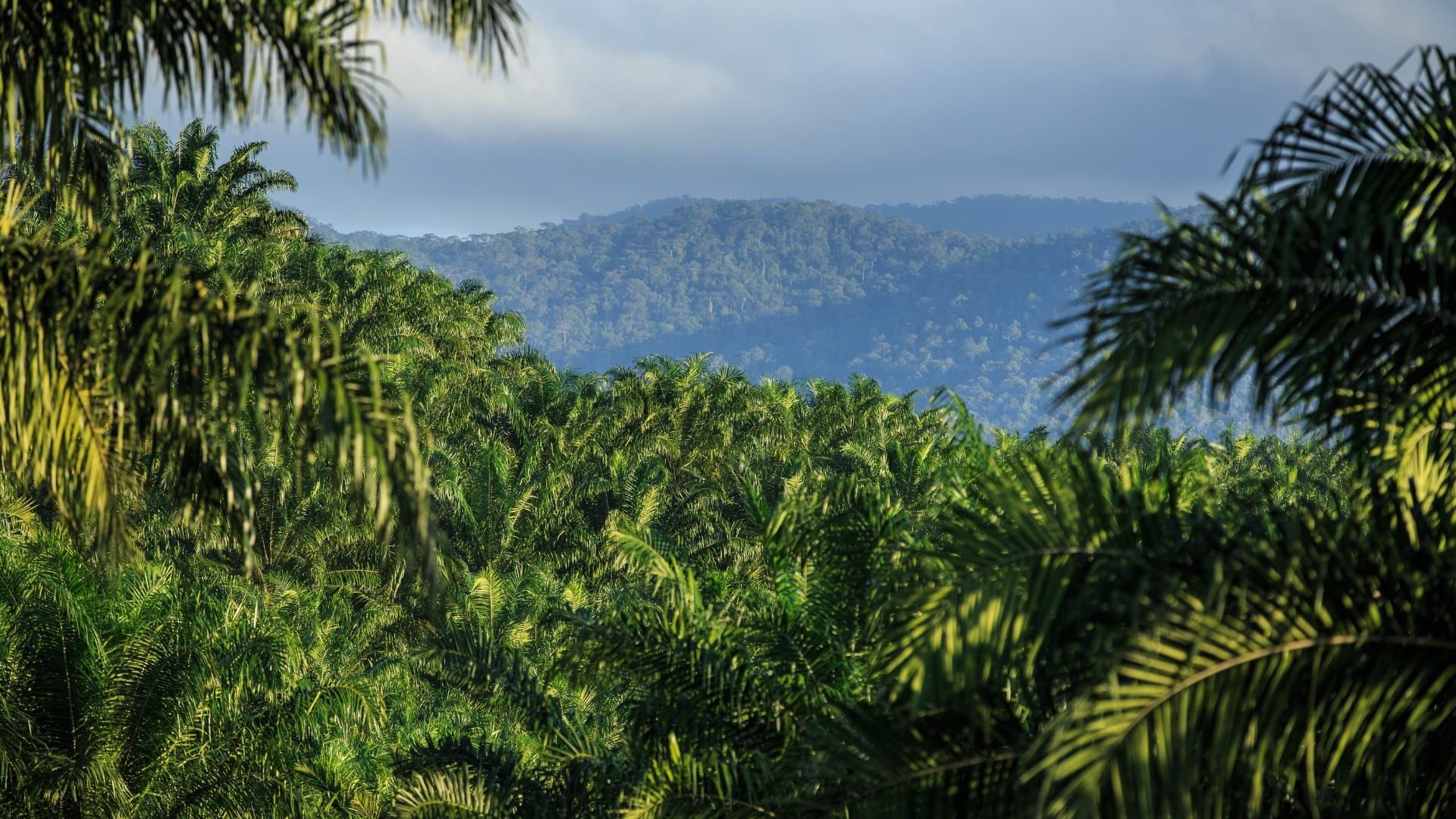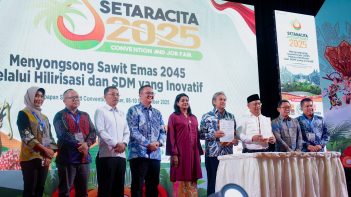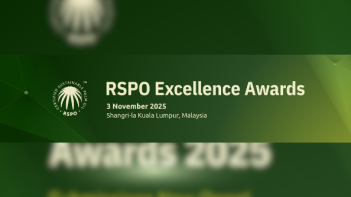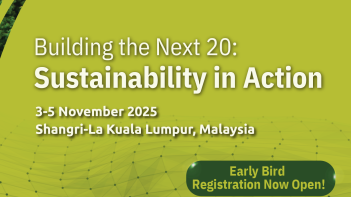On 31 October 2019, the Board of Governors of the Roundtable on Sustainable Palm Oil (RSPO) approved landmark rules calling for “Shared Responsibility,” and for all members of the organisation to do their part to “Mobilise, Act and Transform” to fulfil its mission. Although it’s not a new concept and has been part of the RSPO Members’ Code of Conduct for more than five years, this latest call for Shared Responsibility was made more urgent with adoption of the revised Principles and Criteria (P&C) in 2018.
Now, as a result of the Board of Governor’s actions, all members have shared sustainability requirements and obligations that are the same across all member categories. Though a shared obligation, specific requirements may vary from one member category to the next, reflecting the unique roles of different member categories to help make Sustainable Palm Oil the Norm. It is proposed that the requirements of Shared Responsibility in this first instance apply only to the following categories of ordinary membership: ENGOs, SNGOs, Banks and Investors, Retailers, Consumer Goods Manufacturers, and Processors and Traders. Growers do their part through RSPO P&C Certification.
“Through the new rules for Shared Responsibility, I expect all members to actively participate and work together to increase the demand for sustainable palm oil with mutual accountability throughout the supply chain,” said Datuk Darrel Webber, Chief Executive Officer of RSPO.
The Shared Responsibility requirements are comprised of topics and themes identified by the RSPO P&C Task Force, similar to the P&C requirements linked to people, planet, prosperity. Specifically, they relate to topics such as the environment, information & outreach, human rights, complaints & grievance, land use, and Free, Prior and Informed Consent (FPIC).
Dato Carl Bek-Nielsen, RSPO Co-Chair and Chief Executive Director of United Plantations Berhad added, “Finally, the rules of shared responsibility will balance the scales and the downstream players will join us on this journey – not just in promoting the production of sustainable palm oil but equally as important – the uptake of sustainable palm oil. I’m hopeful, and see this as the cement in a brick wall, without which, the wall will crumble.”
During the SRTF process, volumes and uptake has been seen as a key priority for achieving the RSPO vision. Over the 8-month process, the SRTF discussed and debated the challenges faced by members in terms of market availability, smallholders, lack of physical supply chains, lack of demand, among others. The SRTF agreed that in order to drive uptake and transform markets, the volume requirements for supply chain actors include percentage point uptake targets year on year. Individual members will have different starting points.
RSPO Co-Chair and Southeast Asia Commodities Manager of Global Forest Watch, Anne Rosenbarger said, “One of the most critical, albeit hotly debated, elements of the new Shared Responsibility approach has been volume targets for buyer members. The growers have already committed to a much tougher standard, largely to meet expectations of buyers with NDPE policies. It is only fair, as well as absolutely necessary, that buyers now step up in a similar way, not just in your policies but also in your procurement decisions.”
The new rules state that RSPO Consumer Goods Manufacturers and Retailer members who buy sustainable palm oil are to increase their uptake by an additional 15% (from the previous year’s baseline which will be the 2019 ACOP) for the first year of SR implementation (E.g: If uptake was 10% in the previous year, it should be 25% for year one). A 2% uptake target is required for RSPO Processor and Trader members for the first year of SR implementation. This is to help ensure that all available CSPO produced by RSPO grower members is met by demand from the end users.
Darrel Webber added, “Good performance needs to be incentivised and the intent of sanctions should be to encourage members, where needed, to change behaviour. The Shared Responsibility Task Force, through the public consultation processes, identified a number of ideas to address this issue. Over the course of the next year, we will work proactively with our members and stakeholders to develop these rules.”
More information on the Shared Responsibility Task Force can be found here and the rules on Requirements and Implementation can be found here.
Keep reading
RSPO accepted in the Netherlands as a private control system for EUDR

RSPO x JaSPON Conference and Member Engagement Forum 2025 Spotlights Japan’s Sustainability Success and Market Growth
Call for Expression of Interest: Independent Investigation of a Complaint
Call for Expression of Interest: Mexico National Interpretation Task Force for 2024 RSPO Principles and Criteria (RSPO P&C) and Independent Smallholder (ISH) Standard

RSPO–APKASINDO Partnership to Boost Inclusive Growth, Certification, and Market Access for Oil Palm Smallholders

Open Letter to COP30 President: Integrating Forests and Biodiversity: A Policy Central to Paris Agreement Success

Bridging the Auditing Divide: Key Takeaways from the RSPO Assurance Forum 11

Extension of RSPO Excellence Awards 2025 Submission Deadline!





